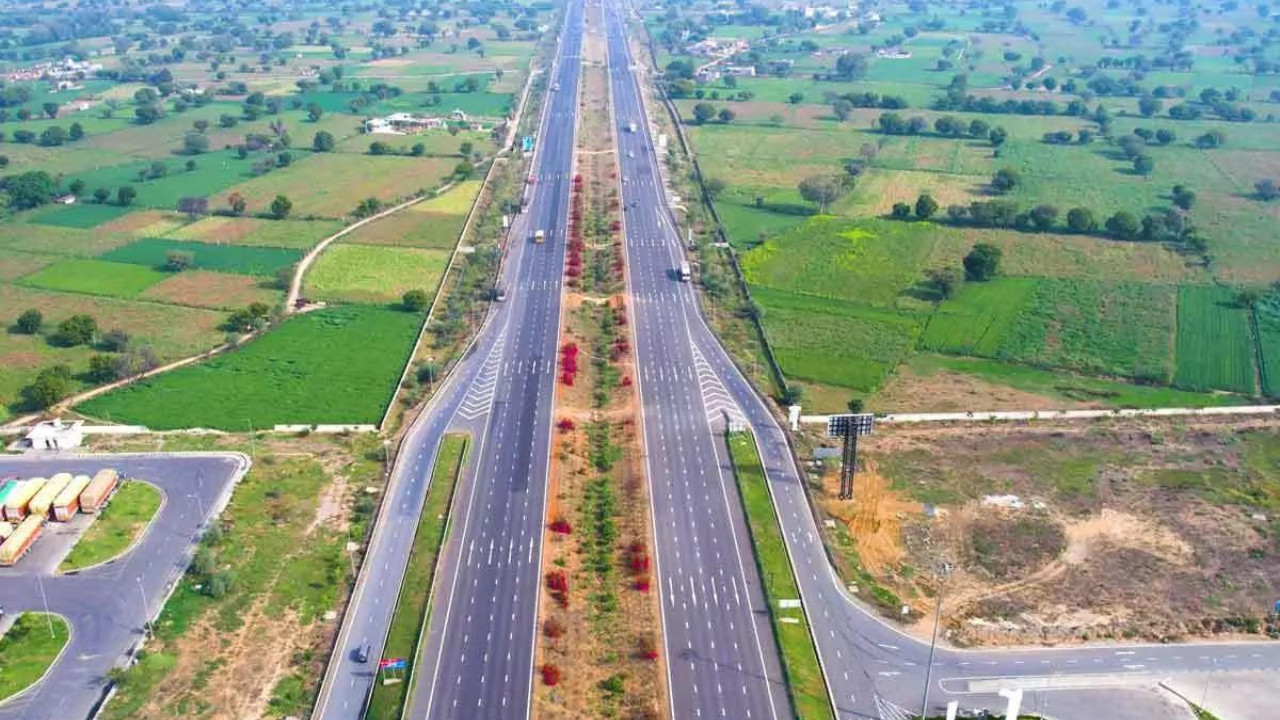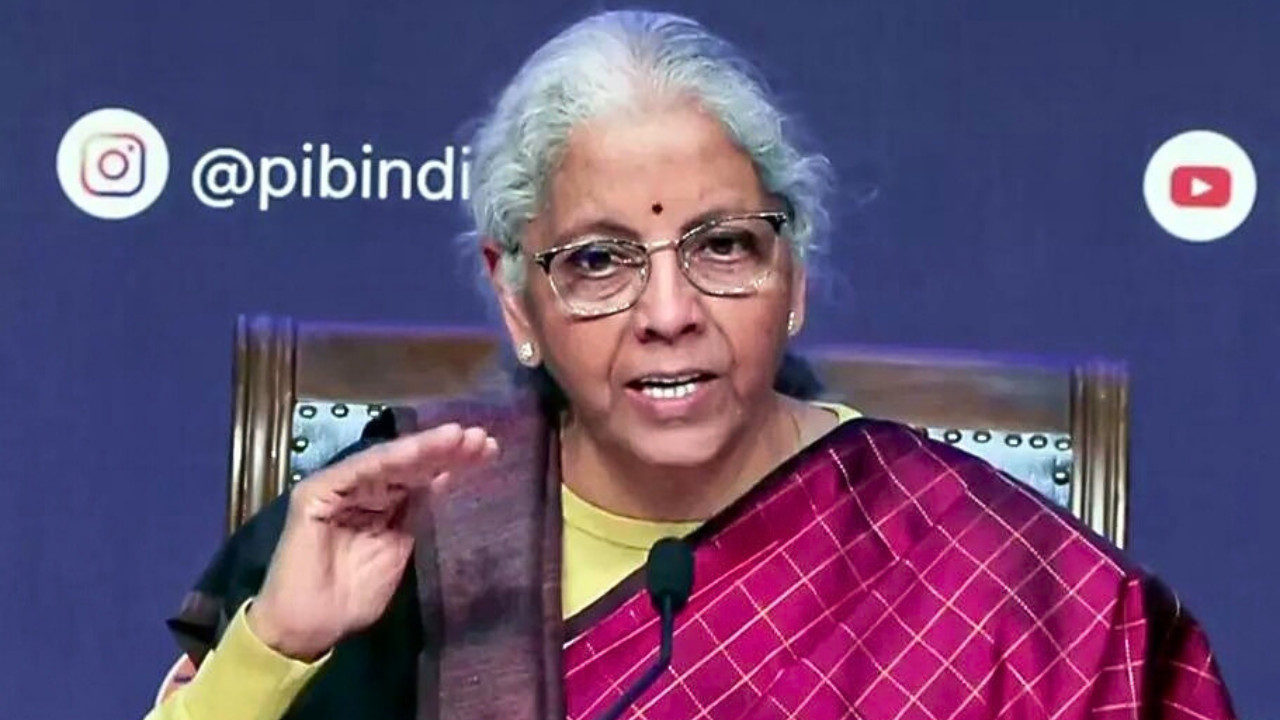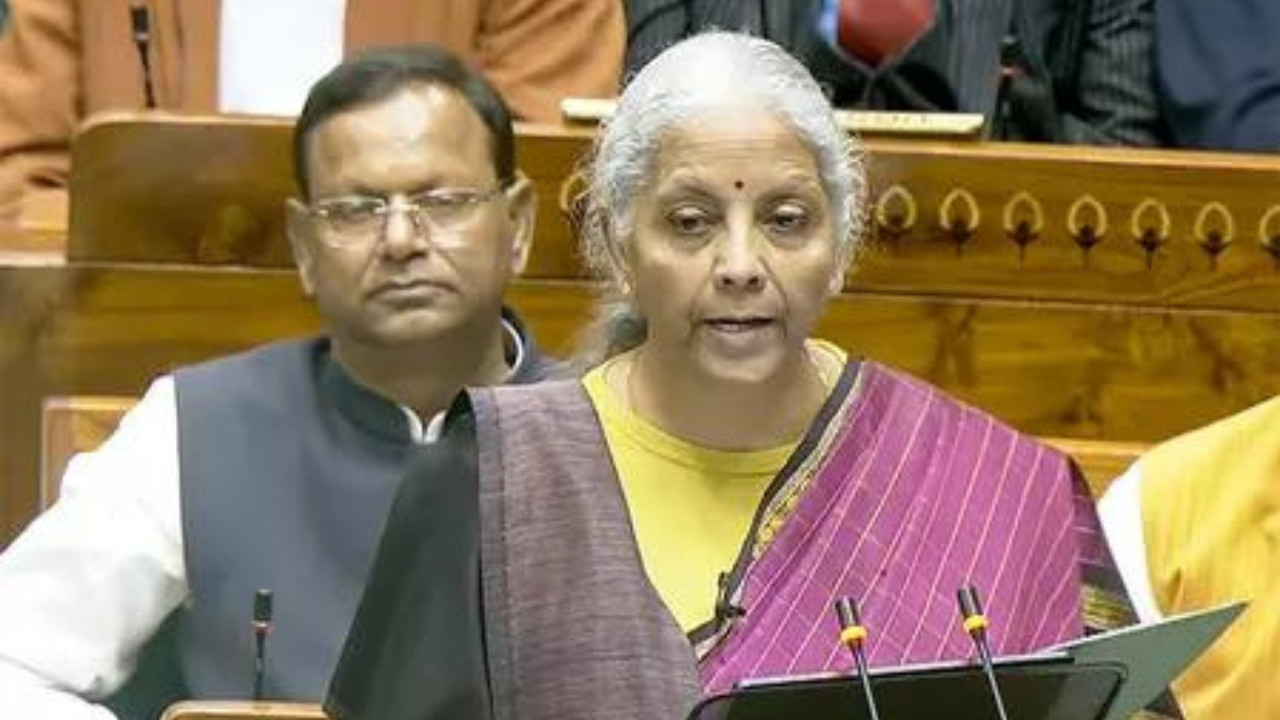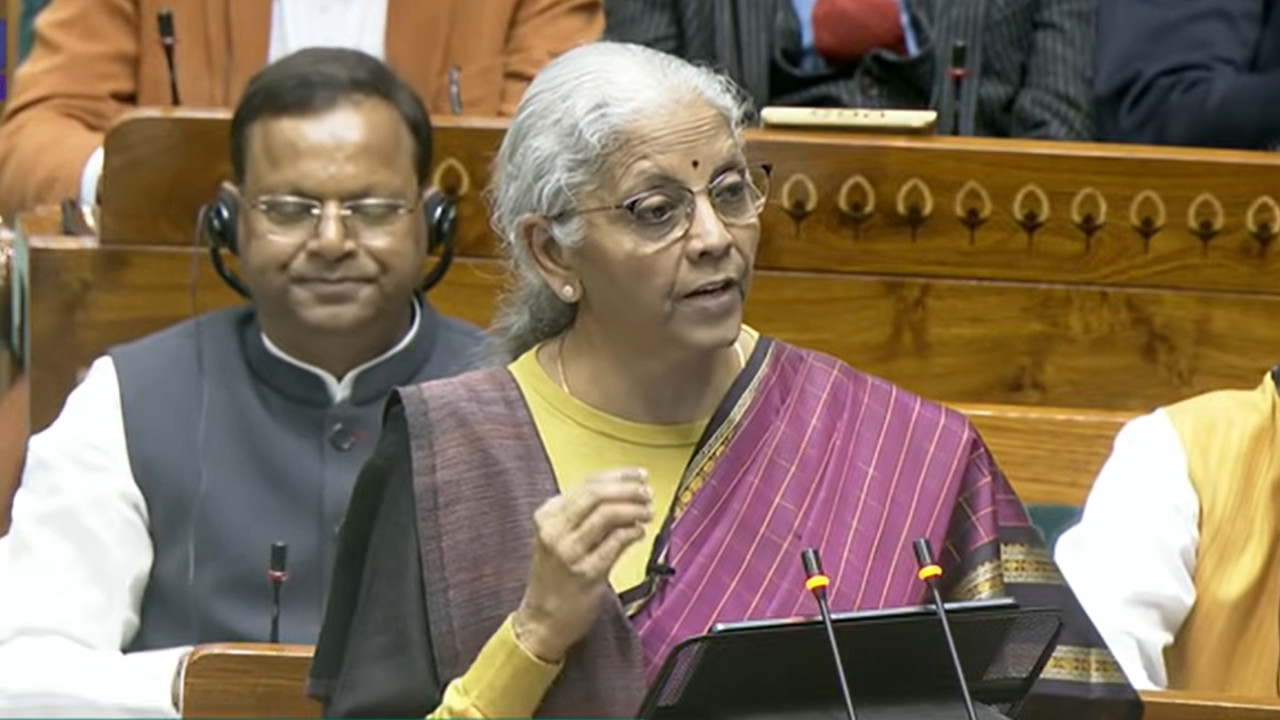Shifting Gears: Smarter Highways Through Tech-Savvy Planning
For years, India’s highway development has been a story of ambition fueled by infrastructure projects that aim to connect the nation. But simply laying asphalt isn’t enough. The quality of planning—the detailed project reports (DPRs)—has a profound impact on a road’s longevity, cost-effectiveness, and overall utility. Recognizing this, the Ministry of Road Transport and Highways (MoRTH) is taking a bold step: overhauling how it awards DPR contracts, placing tech prowess front and center.
Gone are the days when winning a highway project’s pre-planning phase was solely about bidding low. The new approach prioritizes a firm’s technical capacity and track record. Think of it as a shift from hiring the cheapest architect to hiring the one best equipped to design a building that will actually stand the test of time and terrain. This isn’t just about building roads; it’s about building better roads.
Tech Capacity Ratings: A New Yardstick
MoRTH plans to introduce a rating system specifically designed to evaluate the technological capabilities of firms vying for DPR work. This rating will consider factors like the software and hardware they use, the expertise of their personnel, and their experience with innovative technologies. It’s like giving these companies a report card, ensuring they’re not just theoretically capable but also practically proficient in using cutting-edge tools to design our roadways.
This emphasis on technology acknowledges a fundamental truth: highway planning in the 21st century is no longer a purely manual process. Advanced modeling, simulation software, and data analytics can help identify potential challenges early on, optimize road alignment, and minimize environmental impact. Companies that invest in these technologies are better positioned to deliver DPRs that are accurate, reliable, and ultimately lead to more successful projects.

Bank Guarantees: Skin in the Game
But the emphasis on technological prowess doesn’t come without accountability. The ministry is also reinforcing the role of bank guarantees. These guarantees serve as a financial commitment, ensuring that firms take their responsibilities seriously. If a DPR is found to be deficient or riddled with errors, MoRTH can invoke the bank guarantee, holding the firm financially responsible.
This dual approach – prioritizing technical capacity while reinforcing financial accountability – is a powerful combination. It incentivizes firms to invest in the right tools and expertise while discouraging corner-cutting and subpar work. It’s about creating a system where quality is rewarded and negligence is penalized.
The Broader Implications for Highway Development
The impact of this shift could be far-reaching. Better DPRs translate to better-designed highways, which means:
* Reduced construction costs: Accurate planning minimizes the risk of unexpected challenges and costly modifications during construction.
* Improved road quality: Well-designed roads are more durable and require less maintenance, ultimately saving taxpayers money.
* Enhanced safety: Careful consideration of road geometry, traffic flow, and potential hazards leads to safer roads for all users.
* Reduced environmental impact: Advanced planning tools can help minimize the impact of highways on surrounding ecosystems.
This move aligns with India’s ambitious infrastructure goals, outlined in initiatives like Bharatmala Pariyojana, aiming to build thousands of kilometers of new highways across the country. But building quickly shouldn’t come at the expense of building smart. By prioritizing quality planning, MoRTH is ensuring that these new highways are not just impressive feats of engineering but also sustainable assets that will serve the nation for generations to come. For further reading on sustainable infrastructure projects, explore our article about eco-friendly construction materials.
A Road to the Future
This overhaul of the DPR awarding process is a significant step towards building a more robust and efficient highway network in India. It’s a clear signal that the ministry is committed to embracing technology and holding firms accountable for the quality of their work. By prioritizing technical capacity and demanding financial responsibility, MoRTH is paving the way for a future where India’s highways are not just symbols of progress but also testaments to smart planning and sustainable development. The focus on the technical capabilities of firms winning the highway pre-planning phase will, in all likelihood, lead to better and more efficiently built road infrastructure across the country.







